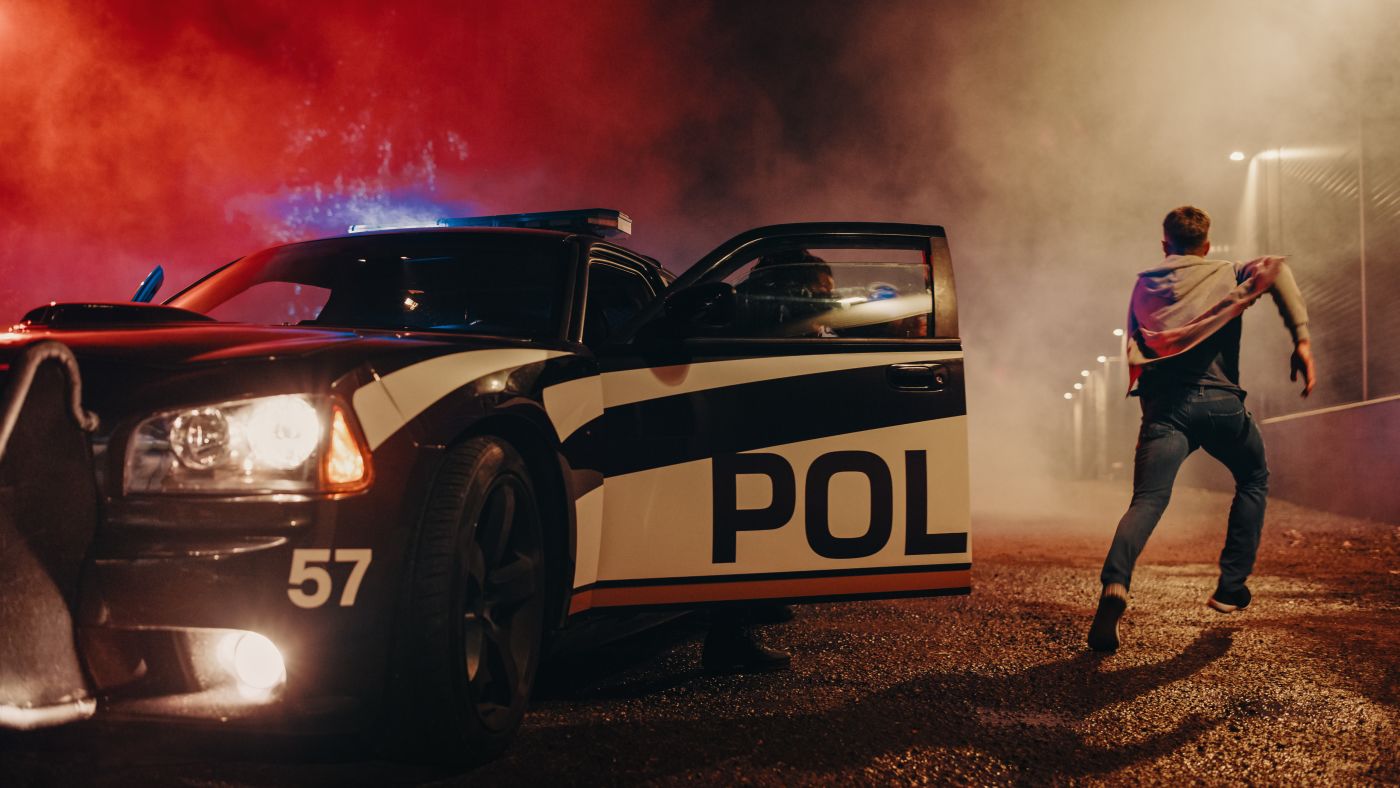
When a Colorado law enforcement officer pulls over a motorist and then suspects the driver is impaired their job is to gather enough evidence to make an arrest. One of their tactics in building their case is to ask the driver to perform field sobriety tests; also known as roadside sobriety tests.
The Most Common Field Sobriety Tests
These tests are supposed to measure a person’s sobriety level by testing their balance, coordination, and judgment. There are numerous field sobriety tests that law enforcement uses, but the most common tests are endorsed by the National Highway Traffic Safety Administration and known as the Standardized Field Sobriety Tests. The standardized tests are called:
Walk-and-turn test
One-leg stand test
Horizontal gaze nystagmus (HGN) test
The walk-and-turn test is fairly self-explanatory: the officer orders the driver to walk 9 heel-to-toe steps in a straight line, turn around on one foot using small steps to initiate a 180 degree turn, and return the same way by walking 9 heel-to-toe steps back.
For the one-leg stand test, the driver must balance on one foot without using their arms for balance, swaying, or putting their foot down while they count to 30.
The HGN test involves the officer passing a pen or other stimulus across the driver’s field of vision while they follow it with their eyes and keep their head still. Officers are looking for an involuntary jerking of the driver’s eyes that can be caused by alcohol.
Are These Tests Mandatory?
Despite what the officer conducting your traffic stop might suggest, Colorado law does not require you to perform field sobriety tests upon request. Every DUI traffic stop is different, but often agreeing to do the field sobriety tests will hurt you more than help you avoid arrest.
Whether you decline to take field sobriety tests or not, you can still get arrested and charged with Driving Under the Influence or Driving While Ability Impaired. If that happens, you must stand up for your rights to ensure fair treatment and avoid an unjust outcome. The best way to do this is to work with an experienced defense attorney.



